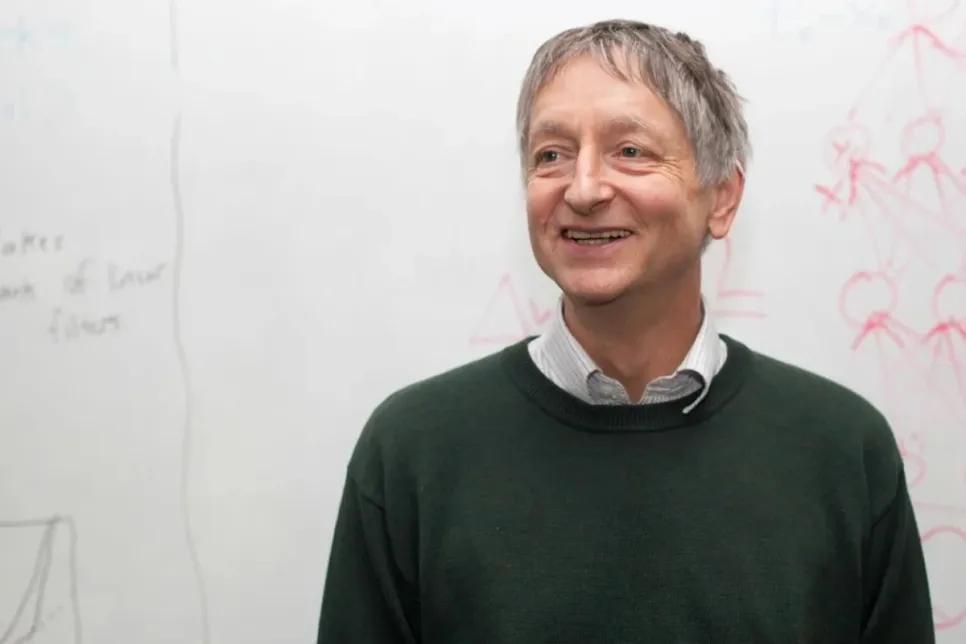Qualcomm Announces Snapdragon 8 Gen 5 Platform
Qualcomm added its latest smartphone platform to its premium-tier Snapdragon range.

Geoffrey Hinton used the receipt of a Nobel prize to reiterate fears over the potential for AI to run amok. The eminent machine learning expert noted that current generative iterations of the technology remain imperfect.
Hinton and John Hopfield were awarded the Nobel Prize in Physics 2024 by the Royal Swedish Academy of Sciences for their development of methods that underpin machine learning. The Academy cited Hinton’s invention of a method to autonomously find properties in data and so perform tasks such as identifying specific elements in pictures, along with Hopfield’s creation of an associative memory that can store and reconstruct images and other types of patterns in data. Each development involved tools from physics, the Academy explained.
BBC News reported Hinton told the Academy he still worries about the potential for AI to eclipse human intelligence, a concern he has expressed before and which was credited as a reason for him leaving Google in 2023. The Nobel prize winner reportedly said his concern AI could one day take over from people would not have stopped him from commencing his research, even admitting he uses OpenAI’s ChatGPT4, albeit with the knowledge it contains inaccuracies.
Ellen Moons, chair of the Nobel Committee for Physics, stated artificial neural networks are today used in a vast range of research fields in the scientific discipline, including developing new materials with specific properties. She told BBC News the pace at which AI has developed is a cause of concern for humanity’s future.